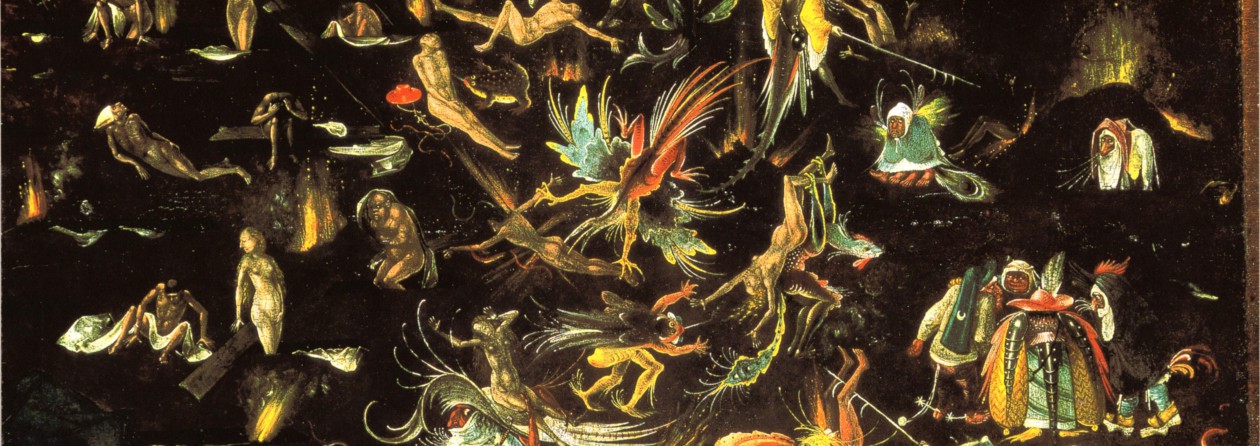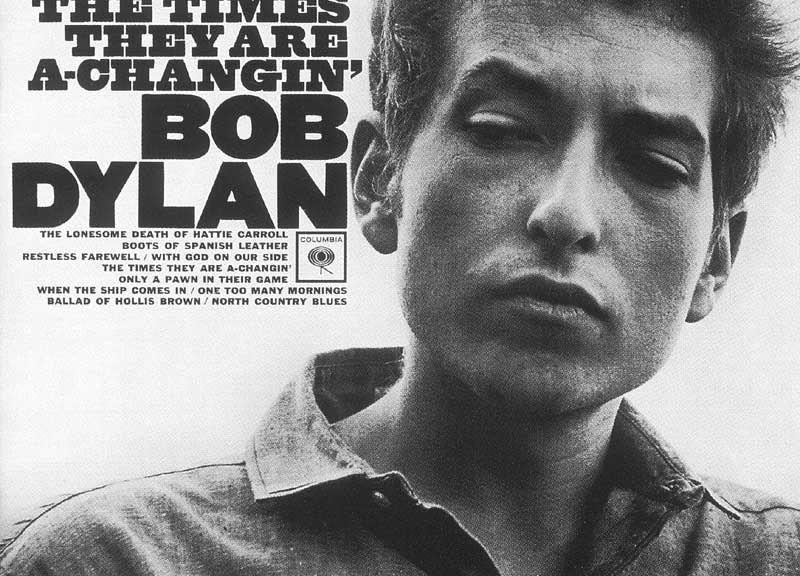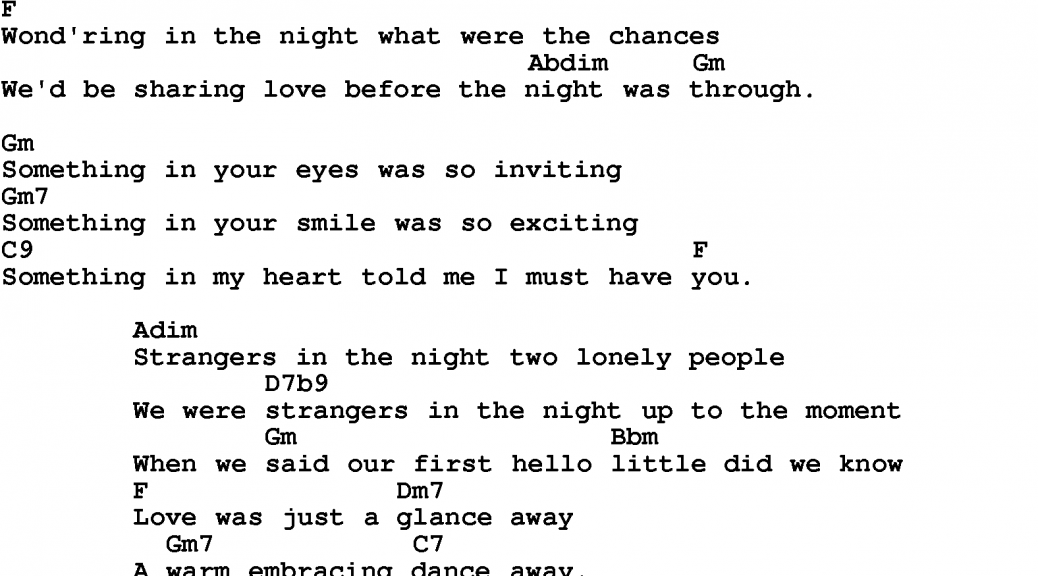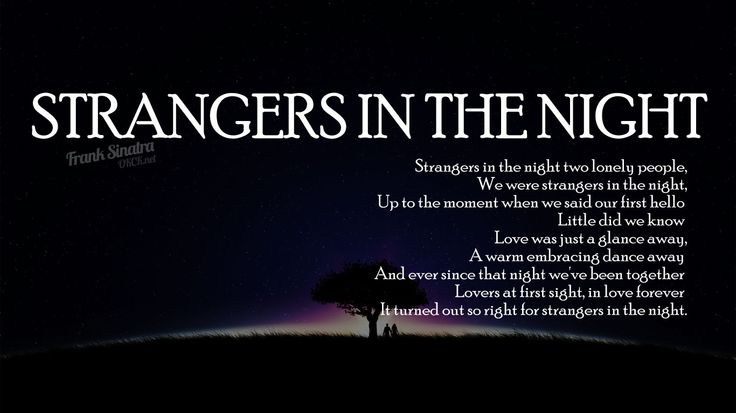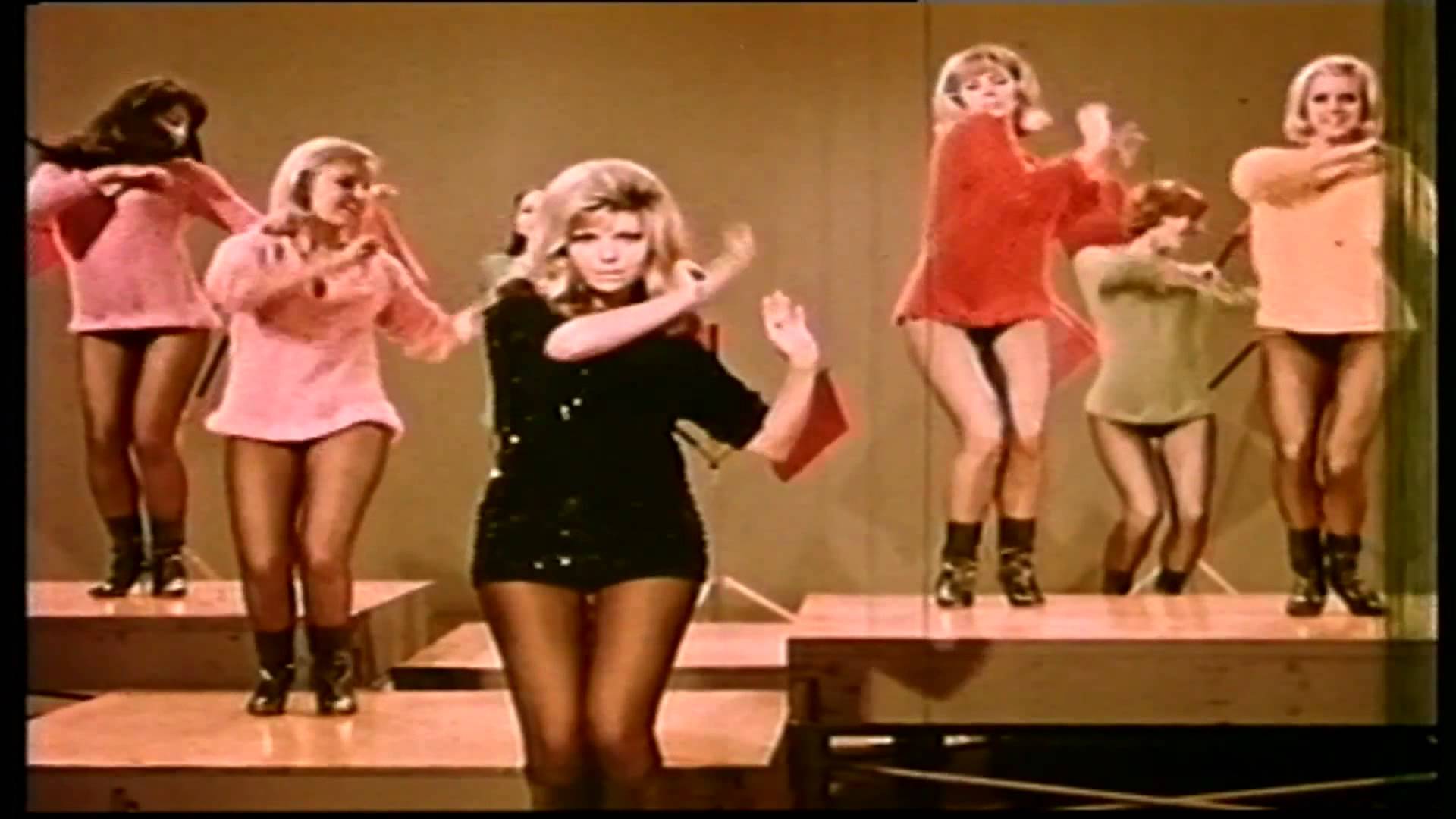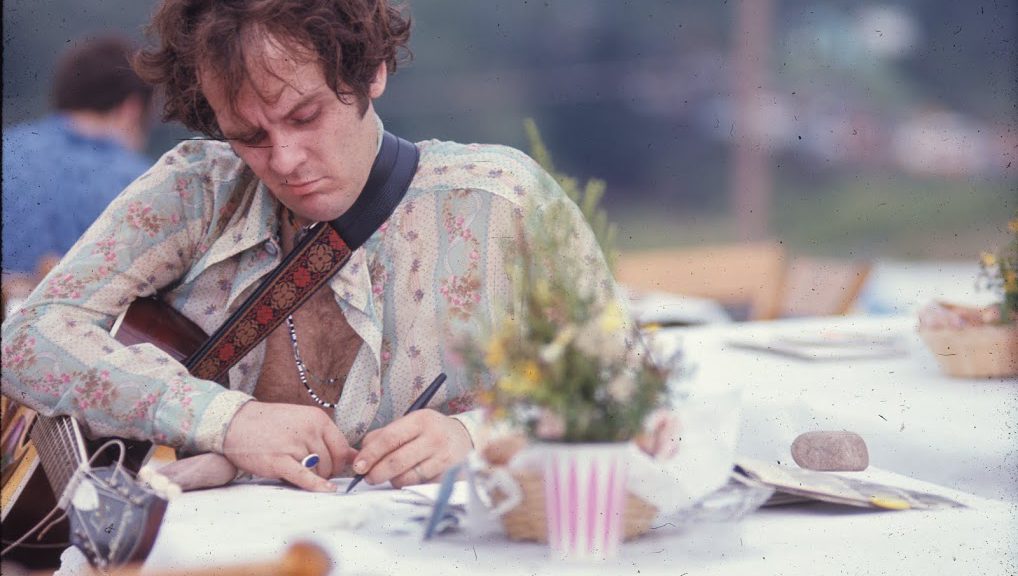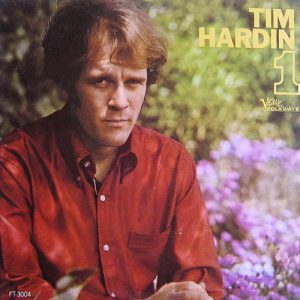Only a Pawn In Their Game
1963 status quo
The American summer of 1963 was typical in many ways. For some, that was fine. Schools closed. Summer vacation. Ice cream. Iced tea. Pools. Beaches. Tanning. Bikinis. Bulging muscles.
For others, typical was not fine. The status quo meant field work. Starvation. Mistreatment. Jim Crow terrorism. The denial of an education and the right to vote.
The struggle for civil rights continued and folk singer Bob Dylan often wrote songs about the downtrodden. His Times They Are a’Changin’ album had a plethora of such songs: “The Times They Are a’Changin’,” “Ballad of Hollis Brown,” “With God on Our Side,” and “The Lonesome Death of Hattie Carroll.”
Only a Pawn In Their Game
Dirty work
It would be difficult to pick the most powerful one among them, but it was in July 1963 that Dylan first sang “Only a Pawn in Their Game.” Writing about the June 12, 1963 assassination of Medgar Evers might be an obvious contemporary theme, but pointing out that the assassin was doing the work of the White Establishment, that the White Establishment also kept poor whites poor, and that the White Establishment used the poor whites to do its dirty work? Such a realization is why the song remains so powerful.
As Princeton University historian Sean Wilentz said in a 2013 NPR interview: “The whole point is, the killer is guilty, yes, but he’s not the person to blame, There’s rather a much larger system that’s out there, and that’s what the song is really about.”
To write any more about Dylan’s lyrics is superfluous. His own lyrics say more than any essay:
Only a Pawn In Their Game
A bullet…
| A bullet from the back of a bush took Medgar Evers’ blood A finger fired the trigger to his name A handle hid out in the dark A hand set the spark Two eyes took the aim Behind a man’s brain But he can’t be blamed He’s only a pawn in their game |
| A South politician preaches to the poor white man “You got more than the blacks, don’t complain. You’re better than them, you been born with white skin,” they explain. And the Negro’s name Is used it is plain For the politician’s gain As he rises to fame And the poor white remains On the caboose of the train But it ain’t him to blame He’s only a pawn in their game |
| The deputy sheriffs, the soldiers, the governors get paid And the marshals and cops get the same But the poor white man’s used in the hands of them all like a tool He’s taught in his school From the start by the rule That the laws are with him To protect his white skin To keep up his hate So he never thinks straight ’Bout the shape that he’s in But it ain’t him to blame He’s only a pawn in their game |
| From the poverty shacks, he looks from the cracks to the tracks And the hoofbeats pound in his brain And he’s taught how to walk in a pack Shoot in the back With his fist in a clinch To hang and to lynch To hide ’neath the hood To kill with no pain Like a dog on a chain He ain’t got no name But it ain’t him to blame He’s only a pawn in their game. |
| Today, Medgar Evers was buried from the bullet he caught They lowered him down as a king But when the shadowy sun sets on the one That fired the gun He’ll see by his grave On the stone that remains Carved next to his name His epitaph plain: Only a pawn in their game |
Copyright © 1963, 1964 by Warner Bros. Inc.; renewed 1991, 1996 by Special Rider Music
